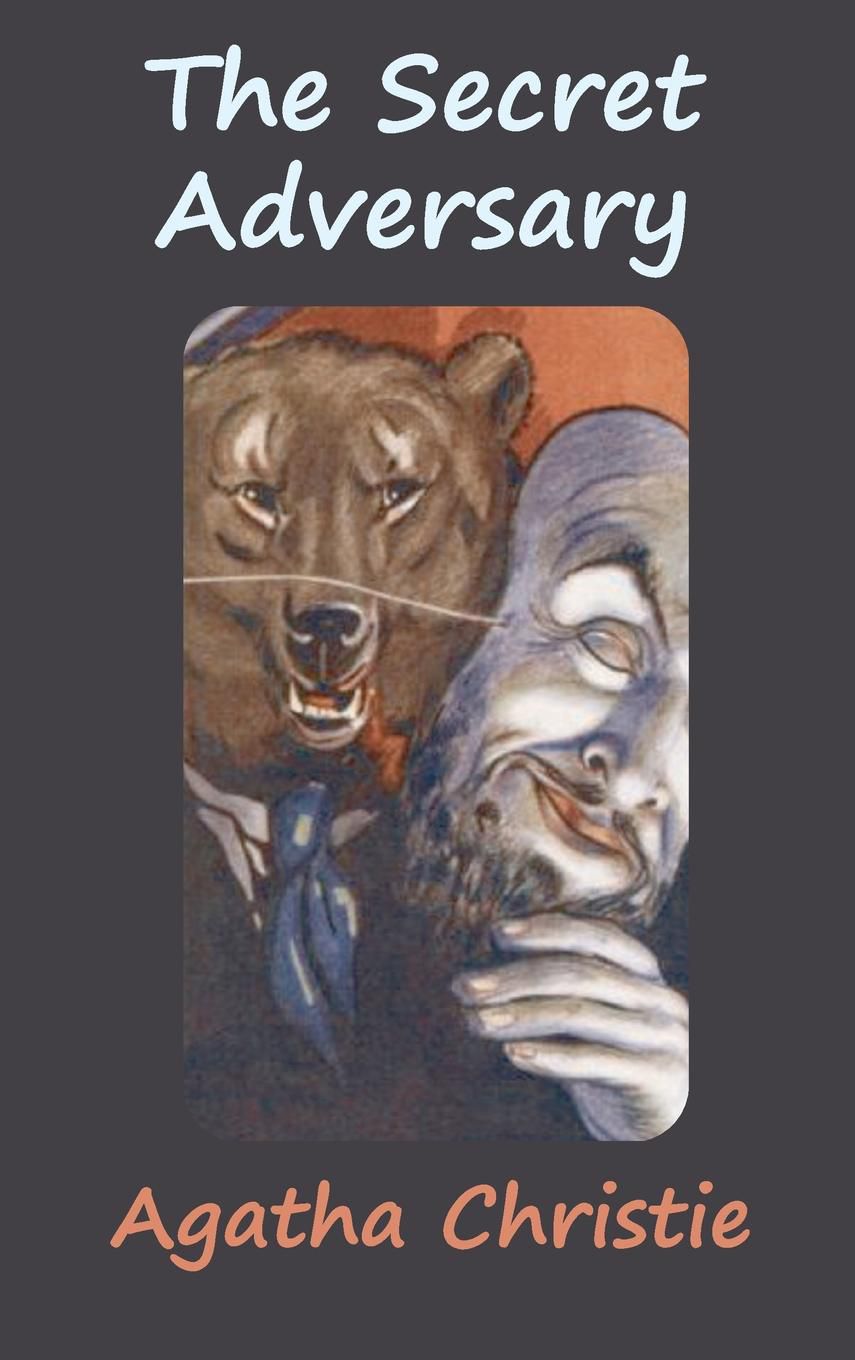


At least that’s what Gil Duggan, Matthew’s uncle, has always believed. Six years ago, when he was a creepy prepubescent kid with an explosive temper, Matthew Westfallen tried to drown one of his cousins. But wait until you get to the last section, a masterly piece of writing told from Dan’s increasingly muddled point of view. The book lags in the middle and, distractingly, switches to a no-quotation-mark style about halfway through. With Dan descending into the fog of Alzheimer’s, there’s a sense of urgency. Another section appears to be narrated by Jane herself. That, and the fact that his mistress soon moves into the family home.ĭelving into the emotional fallout of this damaged family, the book shifts back and forth in time and perspective and is partly narrated in the present by Philip Solomon, a novelist friend of one of Jane and Dan’s children. Suspicion falls immediately on Jane’s husband, Dan, a sharp-elbowed lawyer prone to spouting such unpleasant opinions as “I think all married men are a little unhappy, secretly, at least the ones who marry young.” The detective assigned to the case, Tom Glover, doesn’t buy Dan’s protestations of innocence: “There was something about Larkin’s performance - wooden, self-conscious, calculating, meticulous - that ignited Glover’s suspicion,” Landay writes. In 2015 it was adapted and broadcast on BBC One in Agatha Christie's Partners in Crime starring David Walliams as Tommy and Jessica Raine as Tuppence.What happened to Jane Larkin, a young suburban mother who vanished in 1975? Her haunting absence forms the center of William Landay’s ALL THAT IS MINE I CARRY WITH ME (Bantam, 320 pp., $28.99), a gripping if occasionally uneven psychological excavation of a family’s past. The graphic novel adaptation was first published in French under the title Mr Brown in 2003. It was adapted in the UK in 1985 by London Weekend Television and starred Francesca Annis and James Warwick as Tommy and Tuppence, who would go on to star in the series Agatha Christie's Partners in Crime. Published by the Bodley Head in 1922, it became Christie's first novel (and second story) to be made into a film Fox Film in Germany adapted it under the title Die Abenteuer G.m.b.H. It is one of only two novels in which the dedication is addressed to the reader: "To all those who lead monotonous lives in the hope that they experience at second hand the delights and dangers of adventure". The woman’s name that inspired Agatha Christie would also change, from Jane Fish, to Jane Finn. Originally titled The Joyful Venture, the name changed to The Young Adventurers before finally becoming The Secret Adversary.


 0 kommentar(er)
0 kommentar(er)
